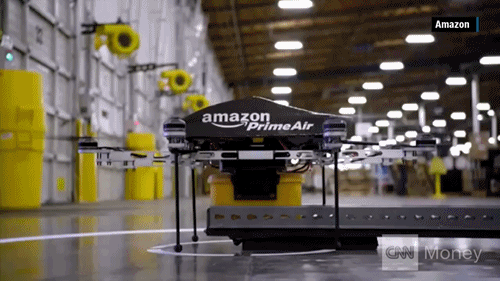The problem of widespread technological unemployment is, economically speaking, one of distribution, not scarcity, but a Universal Basic Income is far from a sure thing in America (to be implemented or to work), and not every last person can teach Zumba. What way forward then if the jobs run out? In a Pacific•Standard piece, a slate of technologists, academics and journalists assess the challenge of income by the year 2035. The opening:
DEAN BAKER
“The corruption of United States politics may be so great that corporations will be able to use new technologies to undermine labor laws on an ever-larger scale as the government pursues macroeconomic policies that are intended to leave much of the labor force unemployed and most of the employed with little bargaining power. This is indeed a very bleak scenario for the future, but it is silly to blame the robots.”
—Dean Baker is co-director of the Center for Economic and Policy ResearchANDREW SCHRANK
“When I think about the ‘jobless future’ predicted by so many observers, I’m reminded of the late Cambridge economist Joan Robinson, who famously quipped that ‘the misery of being exploited by capitalists is nothing compared to the misery of not being exploited at all.’ … One can thus envision a more auspicious future in which an increasingly educated and empowered global workforce confronts a somewhat chastened corporate elite on democratic terrain that is more favorable to the former.”
—Andrew Schrank is a professor of sociology at Brown University•
Tags: Andrew Schrank, Dean Baker

